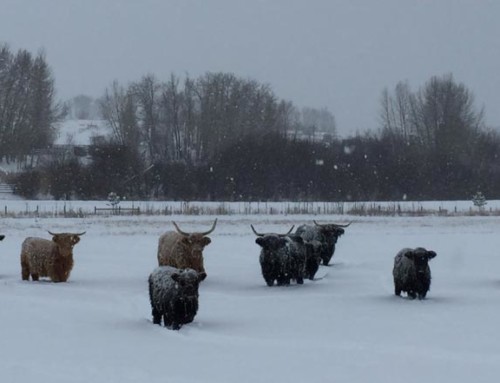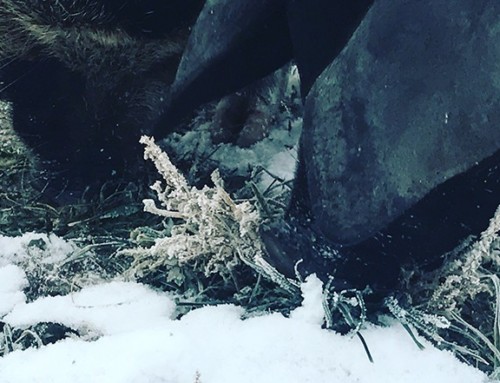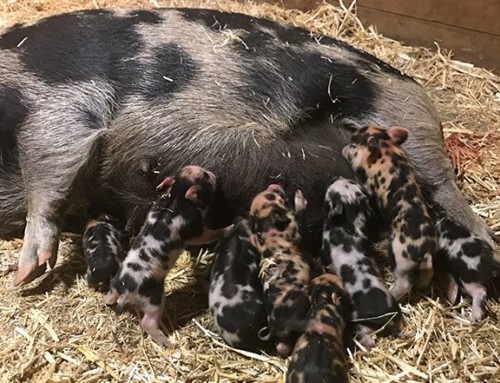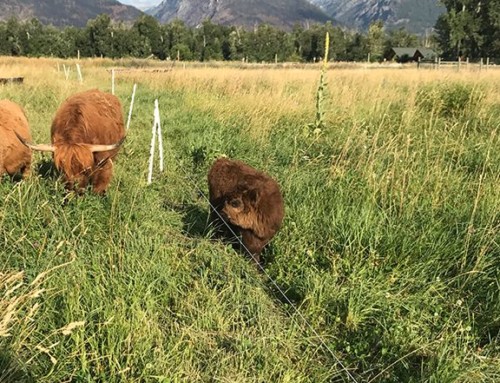4th Monday Genre: Open Letter
———
Dear Sekuru,*
You would be proud of me, I think. I’ve finally started reading Walden. As you’ll recall from our conversations in the office, I was never much enamored with the classics. I read them, sure, in high school and college, but it was more about checking them off the list. I felt a superficial ownership over these stories when I was able to refer to them on a test or during a conversation at a party. They were objects, things on a shelf. Secretly, I always felt like they came from another world, or another species of humans. They felt alien. What were these passions they spoke about? What parallel universes did they come from where people spoke and thought and dreamed so differently than I do?
Here’s Thoreau talking about hoeing beans. (Man, that guy planted a lot of beans.) It was as if Forrest Gump had started a bean company instead of a shrimp one. And then there’s the time he went to town to get his shoe back from the cobbler and along the way gets arrested for not paying taxes. Having just filed my 2015 tax return online, which is always a somewhat anxious experience, it’s hard to imagine what it must have been like to be, as it were, in his shoe.
I guess at the heart of my relationship with the canon is an inability to truly believe the stories of others. I’ve never really felt their winds in my hair or their fires in my belly. I know, I know, this will sound like heresy to the ears of an American Lit professor. After all, language, books, stories—the really good ones, the ones that persist—are supposed to be great because they’re supposed to take us somewhere, right? They’re great because they’re supposed to let us see, and smell and live, the happenings of someone else. Maybe I get stuck because nowadays there are so many stories that they all just pile up upon each other. Maybe the commonalities, which can be found only in the details, the universal connection points that we’re all secretly longing for so much, get buried in the crush of numbers.
Is it possible that part of the problem is that our language has changed so much over time? Have our thoughts changed so profoundly that we struggle even to hear those people from another time who were battling all the same dragons we are today? Or, maybe I just wasn’t ready to read this story before now. Your argument has always been that narratives offer new possibilities with each reading, and at the different stages of one’s life. Reading Walden today—just about a year distant from my life in the professoriate, and now attempting to live the life of a farmer—I’m suddenly struck by the comfort of having this person, Thoreau, doing the farming life with me. I can imagine us side-by-side, working in the fields, contemplating the natural world, and discussing the duty of civil disobedience.
But it was more than just Thoreau making ledgers of his seeds and crops, even while I was still learning the difference between hay and straw. It was more than Thoreau planting all those beans, even while I’d already spent hours this season, and plan to spend many more, filling seed trays with soil and starts. These are just jobs, chores. They’re symptoms of something deeper. The real point of resonance for me, what finally made the book real, was Thoreau’s mindset toward a system that he wanted no place in, a system that roiled and bared its teeth when he decided not to blindly agree to all of its “Terms and Conditions.” And when I feel that stirring in me too, all his other bits about the number of chairs in his house and the depth of the pond start to make more sense.
I’ve spent a lot of years reading and reading and reading. Now it feels right that I spend some time watching the beans grow.
Y’rs,
Muzukurukomana
(Andy)
—28 March 2016—
———
*Sekuru is a word in Shona, one of the common languages in Zimbabwe, and translates to something like, “uncle, grandfather, or old man.” Unlike in the West, “old” is not a slight in the Zim, but is instead a term of endearment and respect.
***
text © Andy Engel, 2016






